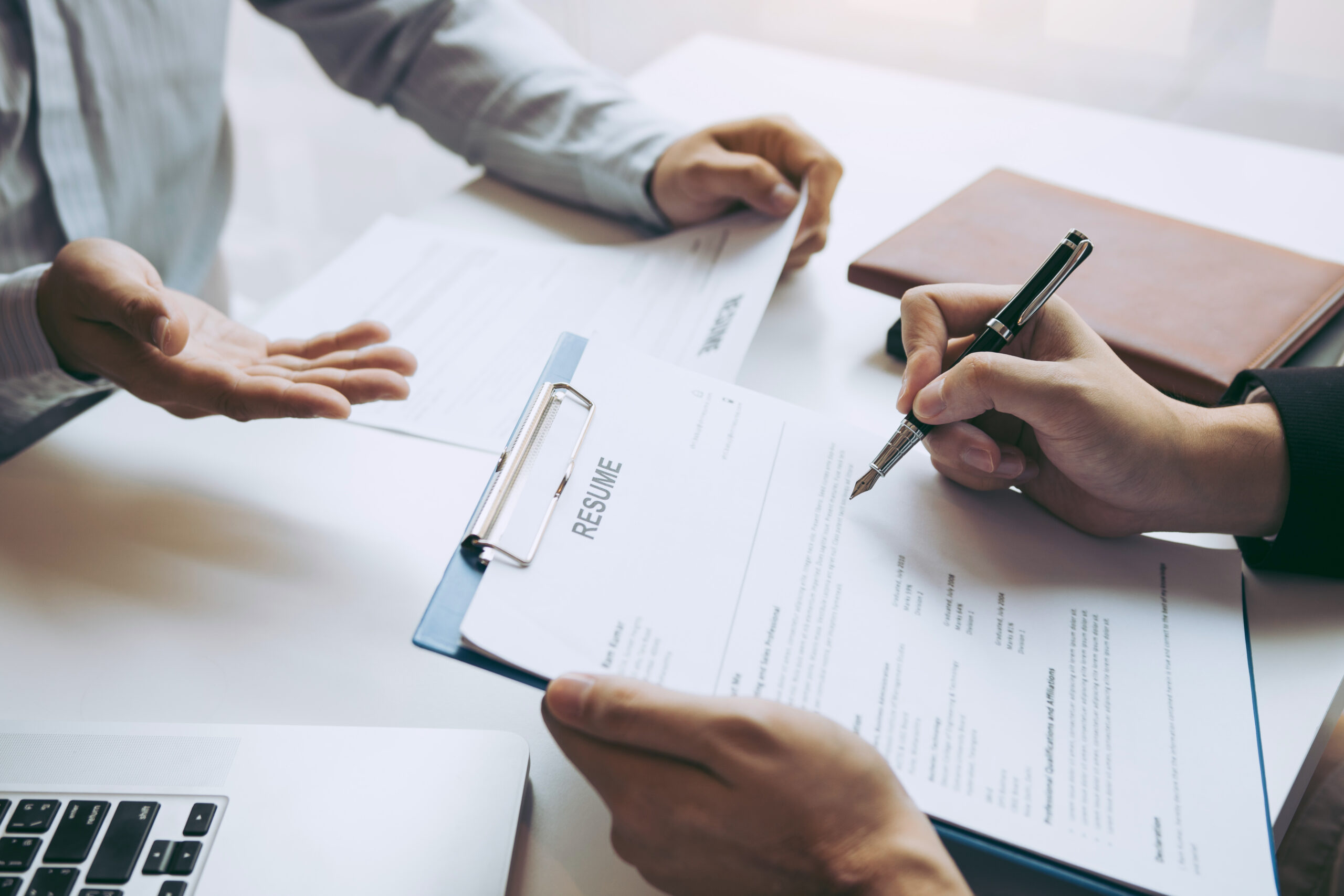Generally, the drunk driver who caused the accident is responsible to the persons injured by the accident. However, in some cases, the injured party (or his or her family members) may file an action against a third party for damages arising from a drunk driving accident. A third party claim in such an accident may be against a variety of persons or even businesses. Those held liable for injuries stemming from the accident may be a police officer, employer, passenger, social host or a bar or restaurant. Situations where such third parties may be liable for a drunk drivers action may be if a police officer has knowledge that a driver is intoxicated and lets them continue to drive, if an employer provided alcohol at a work function or if a passenger gave the intoxicated driver alcohol. Social hosts and business establishments may be held statutorily liable for the actions of a drunk driver according to the law in the jurisdiction where the accident took place.
Some states have Alcoholic Beverage Control (ABC) statutes that may hold a social host responsible for actions of their guests; a minority of states will extend this statute to cover hosts of social gatherings. If it is applied, a social host is a private individual (not licensed to sell alcohol) who has provided alcohol free of charge to persons at some sort of social event, gathering or party. Under the ABC statute, the host would be held responsible for actions of intoxicated guests once they left the party. This law applies to guests who are under age, visibly intoxicated or have a negative history with alcohol. However, a majority of courts will not extend the ABC statute that far. Instead, other states may hold a social host liable of guest’s actions under a legal theory of negligence. The host should have known that the actions of an intoxicated guest may have been dangerous to others. On the other hand, a majority of jurisdictions will not hold a social host responsible for the actions of inebriated guests at all.
Similarly, some business may be held liable for the actions of intoxicated patrons under the state’s Dram Shop Act. Under this act, the alcohol vendors (licensed sellers of alcohol) may be held liable to a person injured by a drunk driver who became intoxicated while in their establishment. The law places a legal duty on alcohol vendors to protect innocent third parties from harm due to a drunk patron; a noticeably intoxicated patron may be considered a probable danger to others. If your state has a Dram Shop Act, you will have to be able to prove that the licensed alcohol seller continued to sell alcohol to an individual who was clearly drunk. In order for a person to be considered intoxicated under this statute, their behavior must be obvious to others. This may refer to impaired speech, inability to walk or a strong smell of alcohol. Furthermore, you must be able to show that the vendor was aware, or should have been aware, that the drunk individual was going to drive his or her automobile. Not all jurisdictions have a Dram Shop Act; contact an attorney in your area to find out if the Dram Shop law is applicable in your situation and in your state.




